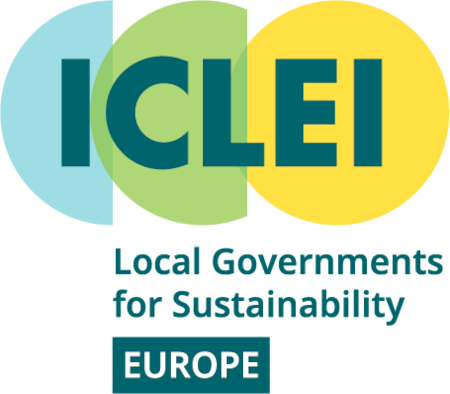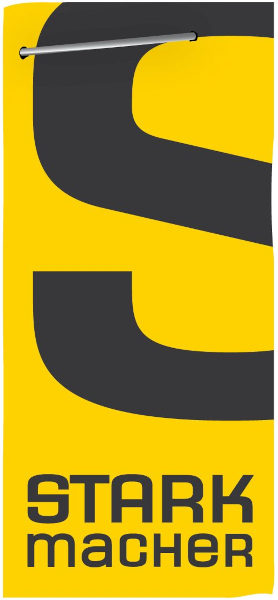
Accelerating the transformation towards sustainability through the Local Green Deals
The cities of Espoo (Finland), Mannheim (Germany) and Umeå (Sweden) have joined forces in ALLIANCE, an EU-funded project accelerating the transformation towards sustainability through the Local Green Deals. The cities’ common ambition is to develop a new approach for delivering sustainable change, based on the principles of good governance, policy integration, partnership with local stakeholders, and action. Coordinated by ICLEI – Local Governments for Sustainability, this project will run until May 2024.
Together with their local SME organisations and social economy partners, Espoo, Mannheim and Umeå will conform a “Local Green Deal Leadership Group”, a platform to exchange good practices, challenges and learnings.
Local Green Deals (LGDs) are the local response to the European Green Deal. LGDs aim at turning climate and environmental challenges into opportunities. As the European Green Deal is not immediately applicable at the local level, it needs to be adapted through the LGDs. Within the ALLIANCE framework, cities and SMEs will develop prototype deals that can be replicated in other cities and towns around Europe.
The ALLIANCE cities will start by mapping key actions for stakeholders to contribute to a Local Green Deal. Once the mapping is finalised, the next step will be the organisation and implementation of a Knowledge Exchange sprint, an event where cities and stakeholders will share practical experience to develop an LGD-related approach. In total, there will be three sprints, each of them taking place in one of the participating cities. Within these workshops, concrete examples and best practices will be shared. The second and third sprint will specifically focus on drafting the cities LGD roadmaps and will aim at concretising Memorandums of Understanding with their city stakeholders.

This project is co-funded by the European Union's Single Market Programme SMP-2021 under grant agreement No. 101074047. Views and opinions expressed are however those of the author(s) only and do not necessarily reflect those of the European Union or EISMEA. Neither the European Union nor the granting authority can be held responsible for them.











